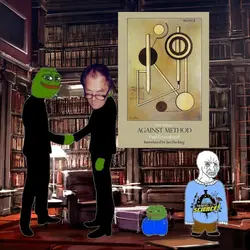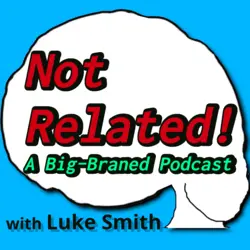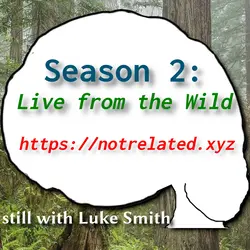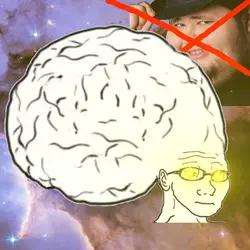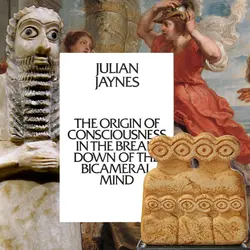Against Method and For 'Pseudoscience'
Description
This episode...
Paul Feyerabend argued for 'Epistemological Anarchism': that in order to do truly good science, one can't rule out alternative methods, ad hoc hypotheses, mythology, religion and wishful thinking. Using the example of Galileo, he shows how science's greatest strides are made by deliberately being "unscientific" in the way that court scientists tend to think nowadays.
Epistemological Anarchism is a total rejection of the so-called "demarcation problem": the attempt by early 20th century philosophers to distinguish "science" from other realms. It overturns the assumptions of logical positivism and returns us to the conception of knowledge held by antiquity, the scholastics, the Renaissance and everyone else: science can't rule out its perceived opponents by technicality or it would have also undermined the very "pseudoscientists" that developed us our scientific conceptions of today.
Readings and Links
Note that pay-walled academic articles may be obtained by feeding their URLs to sites like Sci-Hub.
- Against Method (Paul Feyerabend)
- Conjectures and Refutations (Karl Popper)
- The Structure of Scientific Revolutions (Thomas Kuhn)
- "The importance of recognising fringe science" (Gerald t'Hooft)
More...
- The Not Related! website: <a href="https://notrelated.xyz"notrelated.xyz
- Donations will be read in the middle of each episode: donate.notrelated.xyz

